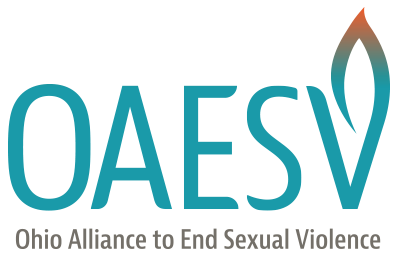Thirsty Thursday Blog – Let’s Talk Evaluation
Recently, I have received a lot of requests about evaluating SART work. Evaluation is a crucial and necessary tool for strengthening services, identifying gaps in services, and garnering more resources. It should build momentum and increase SART effectiveness. When done well, evaluation should strengthen services for survivors, while increasing offender accountability. In order to achieve this, evaluation must be an integral part of service delivery – not something that is added on or optional. Every member or agency of the SART should include evaluation in their everyday practices. It should be motivated by your SART’s interest in reducing and ultimately eliminating gaps in services. If evaluation is not achieving this, then a new approach to evaluation is needed.
When it comes to evaluation, there is no one shoe fits all method. Therefore, I am sharing a few different articles and methods below, so your team has options to choose from. You will also find best practices for evaluation that centers the voices of marginalized communities, instead of creating more harm. The Kirwan Institute’s Equitable Civic Engagement Principles suggest we listen to and center the voices of marginalized communities to help guide our work.
This is not a comprehensive list, but should help your team to get started with evaluation. Feel free to customize these to fit your exact needs.
- Sexual Assault Demonstration Initiative (SADI) eNewsletter, Winter 2014
National Sexual Violence Resource Center and Resource Sharing Project
This edition of the SADI eNewsletter shows how your organization can listen to the communities and use this information to shape community-driven sexual assault services. Learn more about how SADI Project Sites engaged in the community assessment process and access tools designed to help organizations conduct their own community assessments.
- Conducting Research With and within LGBTQI+ Communities: We Don’t Know Exactly What Works, but We Have a Pretty Good Sense of What Doesn’t
Jen Przewoznik , North Carolina Coalition Against Sexual Assault
Friends don’t let friends conflate sexual orientation and gender identity. I know you wouldn’t do this, but if you see a researcher doing this, please tell them to stop.
- Weaponized Data: How the obsession with data has been hurting marginalized communities
By Vu Le
The emphasis on data has been both good and bad. When used right, data, like fire, can be used warm and illuminate. When used wrong, it can burn whole communities.
- Indigenous Peoples in Evaluation
American Evaluation Association: A Tip-a-Day for Evaluators https://aea365.org/blog/crea-hi-week-data-sovereignty-by-katherine-tibbetts/
- Evaluating the Initiative
Community Tool Box
This toolkit aids in developing an evaluation of a community program or initiative.
